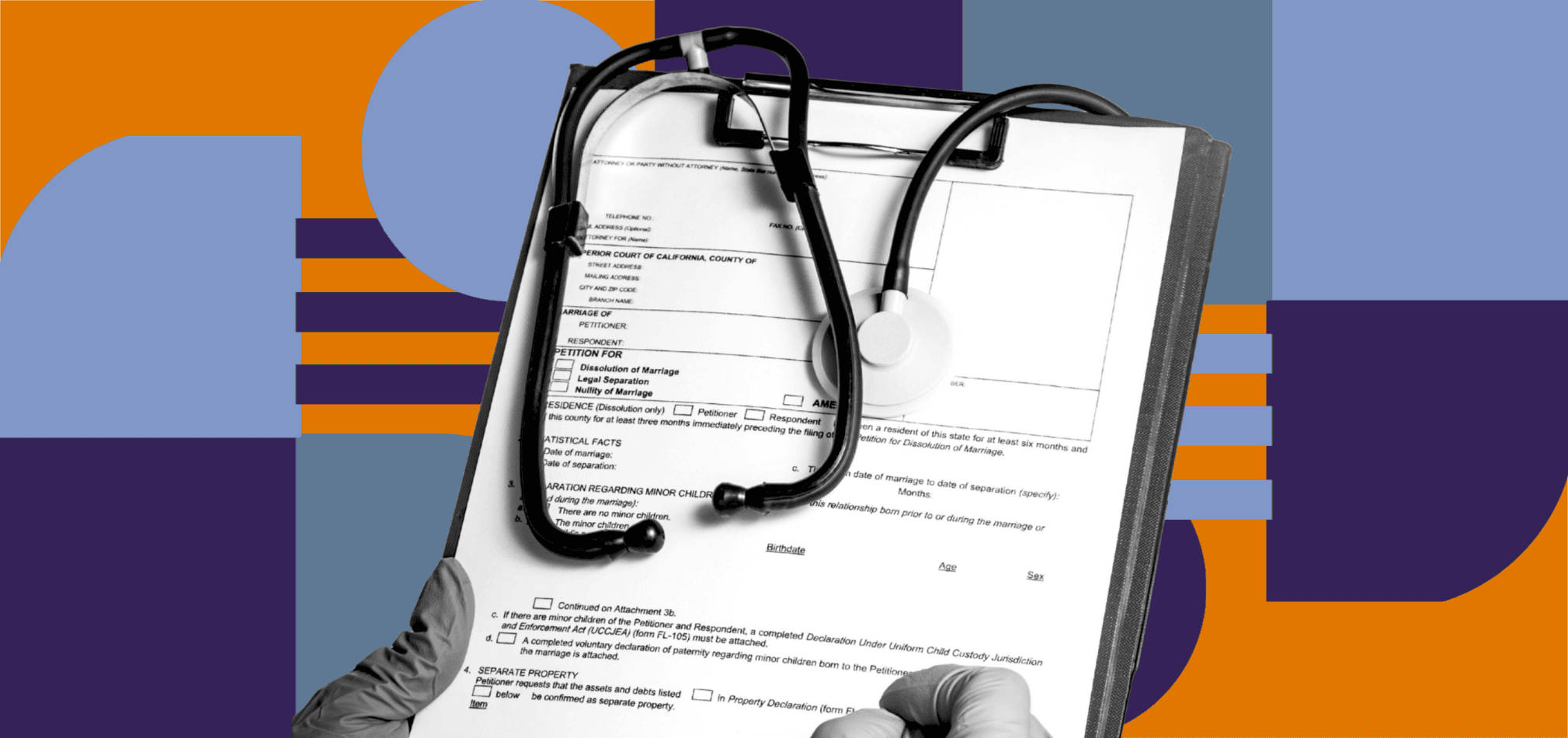Governing Body Meetings Explained: Compliance Requirements for Home Health & Hospice
November 10th, 2025
3 min read
By Abigail Karl

Look at any agency that runs well. You’ll see strong compliance, organized leadership, no panic during survey, and one thing in common: a functioning governing body.
Not just a board on paper, but a board that actually meets, approves, and directs. Governance is the backbone of a Medicare-certified agency, but most providers treat it like optional paperwork.
Surveyors want to see who is truly running the agency and whether oversight is real or just implied. They are not looking for perfection. Surveyors are looking for authority, structure, and proof that decision-making is happening at the top.
*This article was written in consultation with Mariam Treystman.
At The Home Health Consultant, we have spent years helping agencies clean up broken compliance processes, and governing body meetings are no exception. In this article we’ll explain what governing body meetings are, who must attend, how often they need to occur, and what must be discussed to remain compliant.
What Is a Governing Body in a Home Health or Hospice Agency?
The governing body, also called the GB, is the entity legally responsible for directing and overseeing the organization at the highest level. They set strategy, approve leadership positions, and ensure the agency is legally and financially compliant. All members may not be involved in daily operations, but they hold ultimate authority over the agency.
Who Makes Up the Governing Body and Who Can Attend Governing Body Meetings?
Only governing body members participate in governing body meetings. Members are appointed by the shareholders of the corporation. A governing body may include just one person or several, but it typically includes:
- President
- Vice President
- Secretary
- Additional board members (optional)
These individuals are assigned based on corporate structure, not job title. When necessary and appropriate, others can participate in a specific meeting, or present information to the board. However only GB members can vote and make decisions.
What Is the Difference Between Governing Body Roles and Agency Staff Roles?

Board roles are separate from agency roles. For example, someone may serve as Administrator and also sit on the governing body, but those are still two different roles. The governing body stands above agency leadership and approves those positions.
How Often Should Governing Body Meetings Be Held?
Governing body meeting frequency is defined by corporate bylaws, aka the rules that govern the board. When the corporation is formed, bylaws are created that include how often the governing body meets.
In general business settings, boards may meet once a year. But that frequency does not work in home health and hospice. According to Mariam:
“I personally think the best frequency for governing board meetings is a quarterly system. Monthly is overkill, and annually is too little.”
Quarterly meetings offer consistency while allowing time to address approval requirements. Additional meetings may still happen as needed when urgent decisions are required.
What Needs to Be Reviewed and Approved During Governing Body Meetings?

The governing body is responsible for overseeing and approving key elements of agency operations. Items that must be reviewed and approved include but are not limited to:
- Policies and procedures
- Agency programs (such as infection control and fall prevention)
- The agency budget and financial oversight
- Committees and committee structures
- Reportable changes
- Strategic decisions and agency direction
- Leadership roles and changes:
- Administrator
- Administrator Designee
- DPCS
- DPCS Designee
- Medical Director (Hospice)
- Medical Director Designee (Hospice)
The governing body must also be aware of agency performance trends, such as infection patterns or risk areas, and approve actions tied to oversight.
Why Do Governing Body Meetings Matter for Agency Oversight and Compliance?
The governing body holds legal responsibility for organizational performance and compliance. Even if they are not involved in daily operations, their role must be visible and documented.
Missing approvals or minimal governing body minutes can expose an agency to deficiencies during audits or surveys: not because of poor care, but because oversight is undocumented.
How Can Agencies Keep Governing Body Meetings Structured and Consistent?
Structure and documentation are essential. Every governing body meeting should include:
- A formal agenda
- Attendance list
- Meeting date and time
- Approval actions
- Signatures from governing body members
Whether the board has one member or fifty, defensible documentation is required.
What Is the Best Way to Stay on Track With Governing Body Requirements?
Governing body meetings are not ceremonial. They are the core of corporate authority and compliance oversight. The governing body approves leadership roles, policies, changes, and agency direction.
If governing body documentation is missing or inconsistent, the agency is at risk. Oversight must be demonstrated, not assumed.
Hold governing body meetings consistently, check or adjust your corporate bylaws, and document approvals clearly.
If you need help organizing governing body meetings, agendas, or documentation, you're a great fit for our Admin Compliance Program (ACP). Members of ACP get governing body meeting facilitation, templates and structure. If your agency needs support, we can help you implement a reliable governance system.
*Disclaimer: The content provided in this article is not intended to be, nor should it be construed as, legal, financial, or professional advice. No consultant-client relationship is established by engaging with this content. You should seek the advice of a qualified attorney, financial advisor, or other professional regarding any legal or business matters. The consultant assumes no liability for any actions taken based on the information provided.
Topics:


























